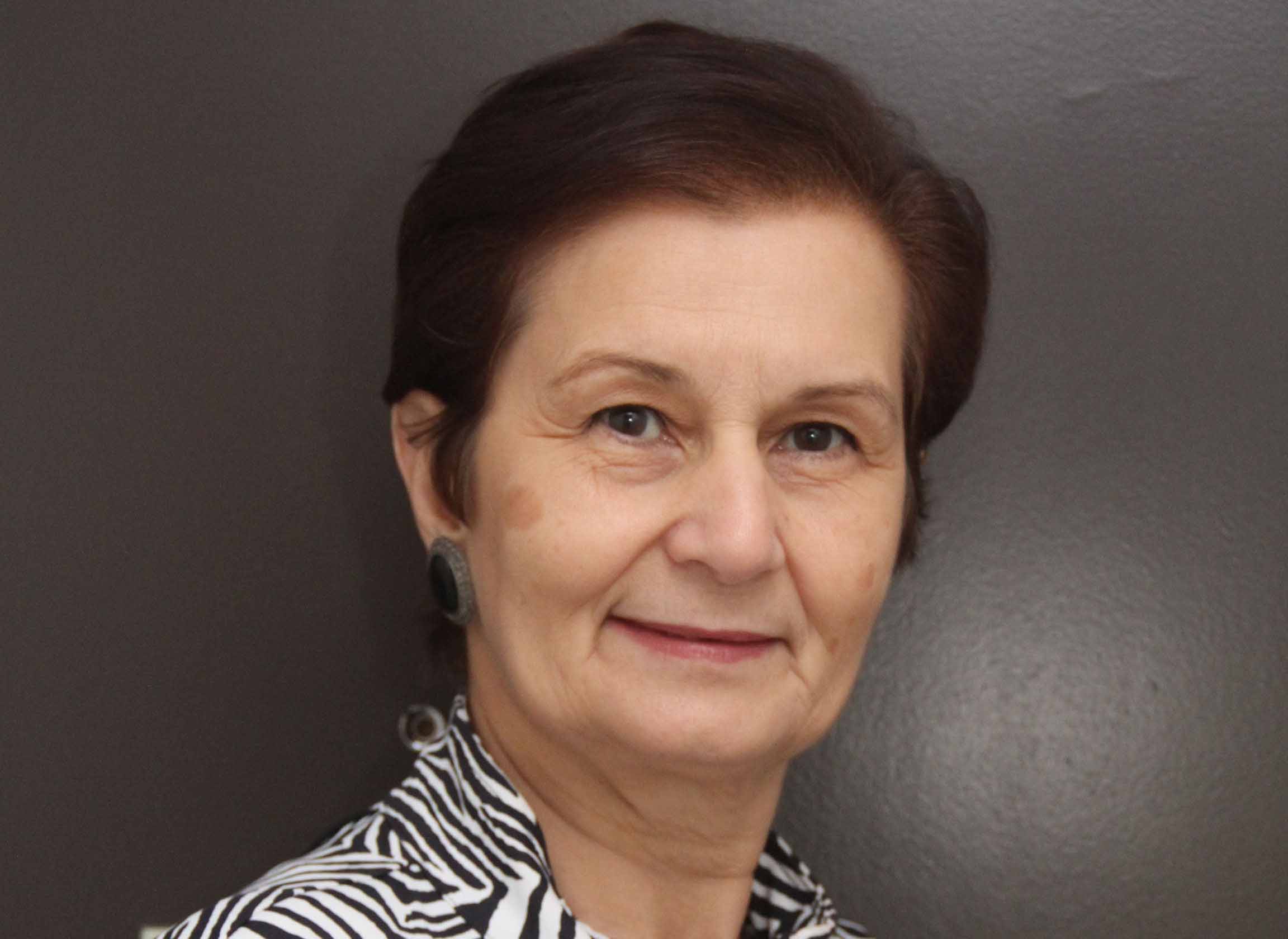Necla Tschirgi joins Interpeace’s Governing Council

Interpeace is pleased to welcome Ms. Necla Tschirgi as the newest member of its Governing Council, the organization's highest decision-making body. Professor of Practice, Human Security and Peacebuilding at the Joan B. Kroc School of Peace Studies at the University of San Diego, Ms. Tschirgi's extensive international career has spanned research, policy analysis, teaching, research management, and grant making. In the past 15 years, Ms. Tschirgi has increasingly specialized in conflict prevention and peacebuilding – focusing on the nexus between security and development. Prior to joining the Kroc School, Ms. Tschirgi served as a Senior Policy Advisor to the Peacebuilding Support Office (PBSO) at the United Nations Secretariat in New York.
Motivations for joining the Governing Council
Interpeace recently got the chance to sit down with Ms. Tschirgi to discuss her background with the organization as well as her motivation for becoming a Governing Council member.
"I first got involved with Interpeace when it was still a United Nations Pilot project in the mid-nineties. I was invited to an exploratory workshop in Geneva along with some 40 experts to examine international approaches to peacebuilding. Our collective conclusion was that our knowledge of peacebuilding was highly fragmented and compartmentalized, and we did not have a methodology to accurately access the viewpoints of the key stakeholders most affected by conflict. This was the beginning of the participatory action research methodology that became the hallmark of Interpeace's peacebuilding work. For me, joining Interpeace as a Governing Council member represents a wonderful opportunity to assess how far we have come in the last twenty years and where the future of the field lies in the coming decades."
Having served as Vice President of the International Peace Academy (IPA) from 2001-2005 where she also led IPA's Security-Development Nexus programme, Ms. Tschirgi has unique insights into the essential ingredients of peacebuilding. We asked her to share her views on what accounts for effective peacebuilding.
"The most effective strategies are context specific and are a result of patient investments in re-building relationships at different levels among key actors. By engaging development actors in areas including rule of law and security sector reform, there can be a breakthrough in conflict-sensitive programming. Local ownership, when utilized correctly, can help this process immensely. Peacebuilding is an ongoing process of negotiating competing needs, interests, and priorities. We need a way for international institutions to engage effectively with local actors on a sustained basis on a range of critical issues. Ultimately, the link between security and development is the foundation stone of peacebuilding."
Utilizing past experience
Ms. Tschirgi went on to discuss how her experience as a Senior Policy Advisor to the United Nations Peacebuilding Support Office gives her a unique perspective on using her knowledge to enact policy change.
"When I joined the Peacebuilding Support Office in 2007 it was an entirely new entity in the UN system. The first two years were very difficult as we were constantly learning by doing. At the time we had a lot of the knowledge about how peacebuilding should work, but it was very difficult to feed this knowledge into the political enterprise itself. Thus, one of the most interesting aspects of my work was trying to translate our knowledge into practical policy goals and solutions. Although this is still an ongoing process, my work at the PBSO was instrumental in giving me a deeper appreciation of the need to combine knowledge with policy and action. As a professor of practice at the Kroc School of Peace Studies, this is also what I strive to do."
Ms. Tschirgi's views on peace
Ms. Tschirgi was officially admitted to the board at last year's Governing Council meeting in Accra, Ghana. In wrapping up our conversation, we asked Ms. Tschirgi to share her thoughts on what peace means to her.
"Peace is the continuing search for social justice and for addressing social, economic, and political conflicts through non-violent strategies."
Interpeace welcomes Ms. Tschirgi and looks forward to her contributions in continuing to seek innovative peacebuilding strategies.























